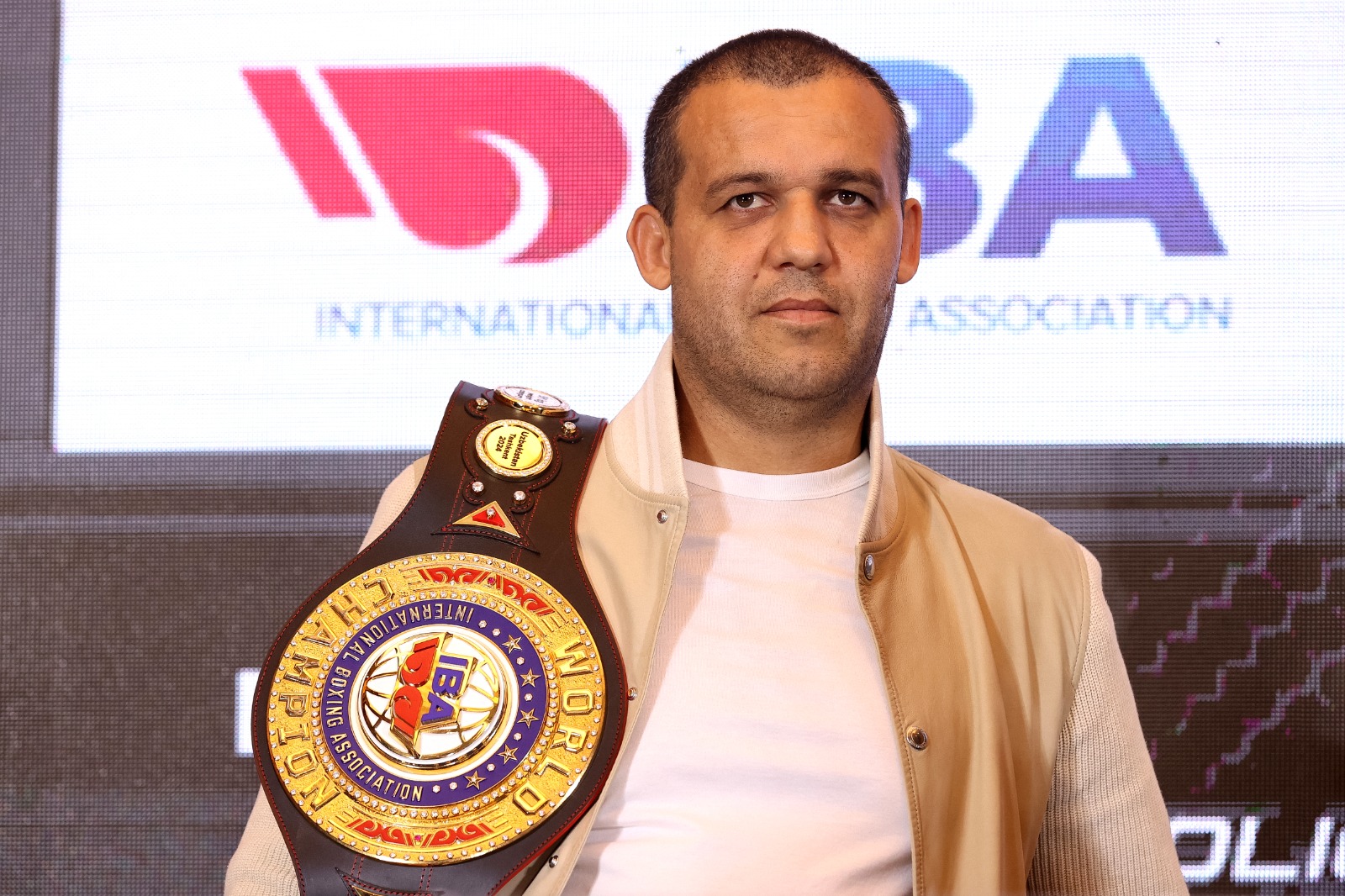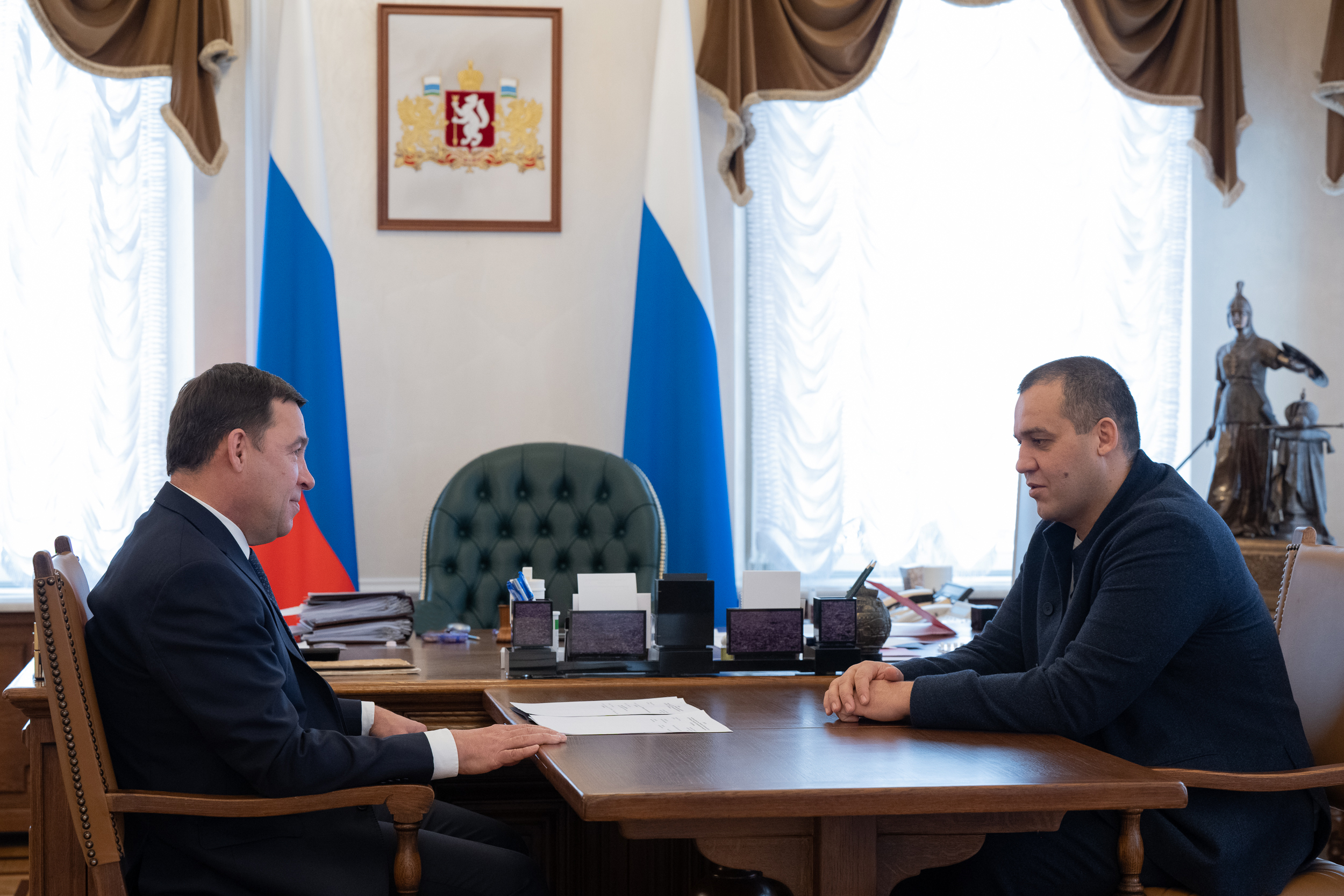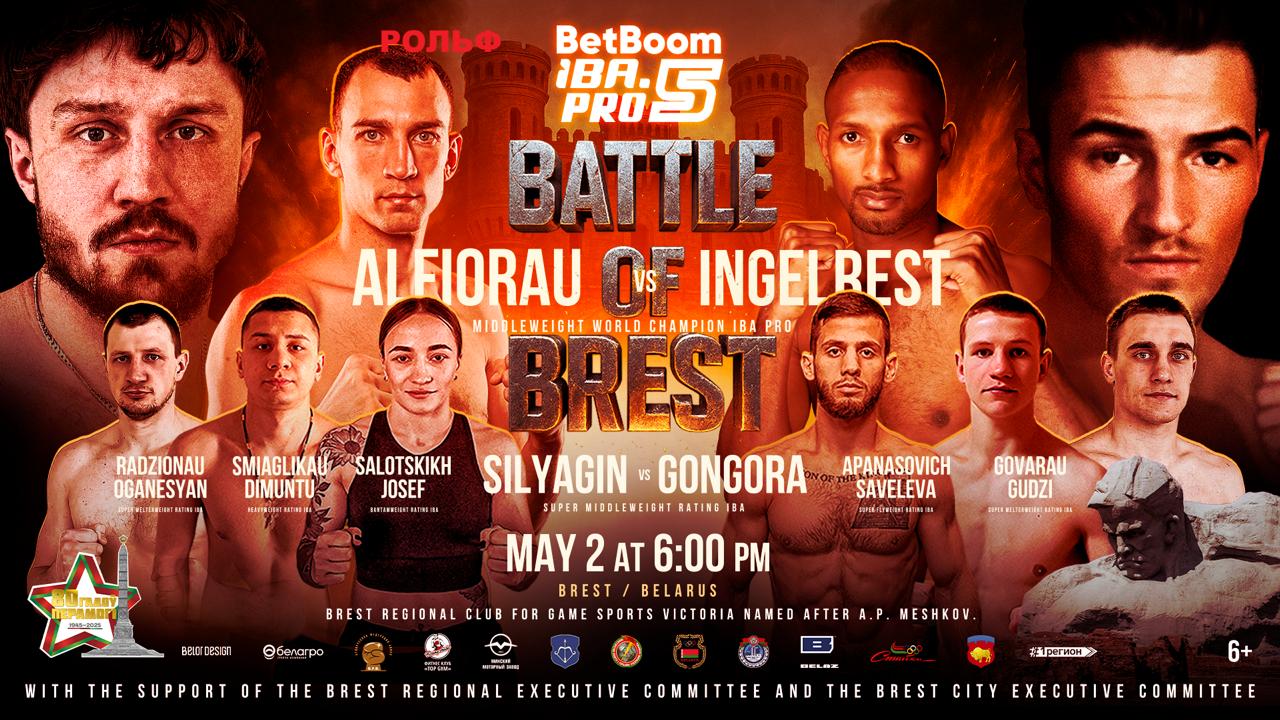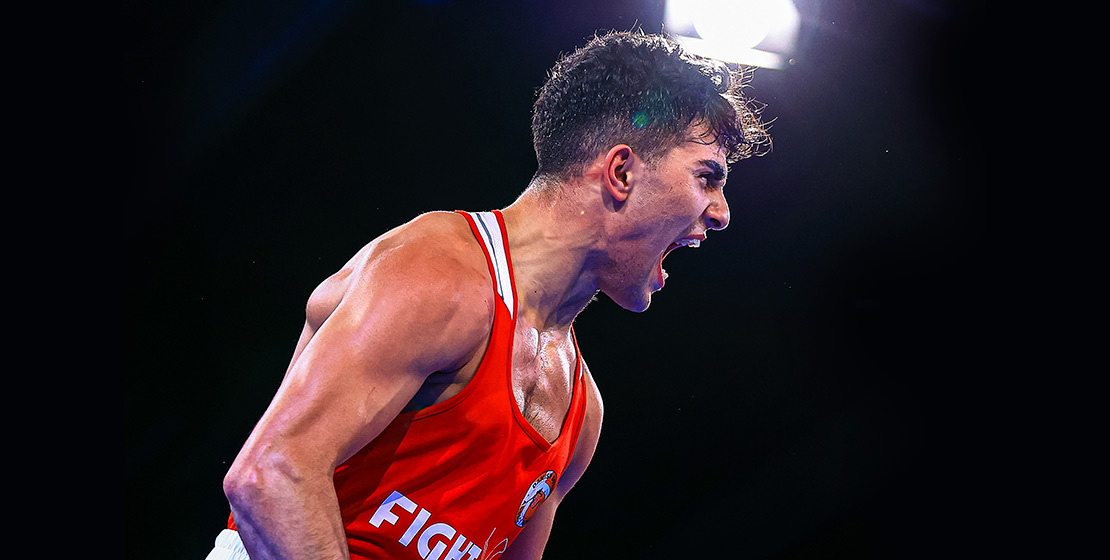African women’s boxing pioneer Irene Ntelamo reshaped the landscape for Botswana and beyond
February 18th, 2025 / AFBC, African Corner
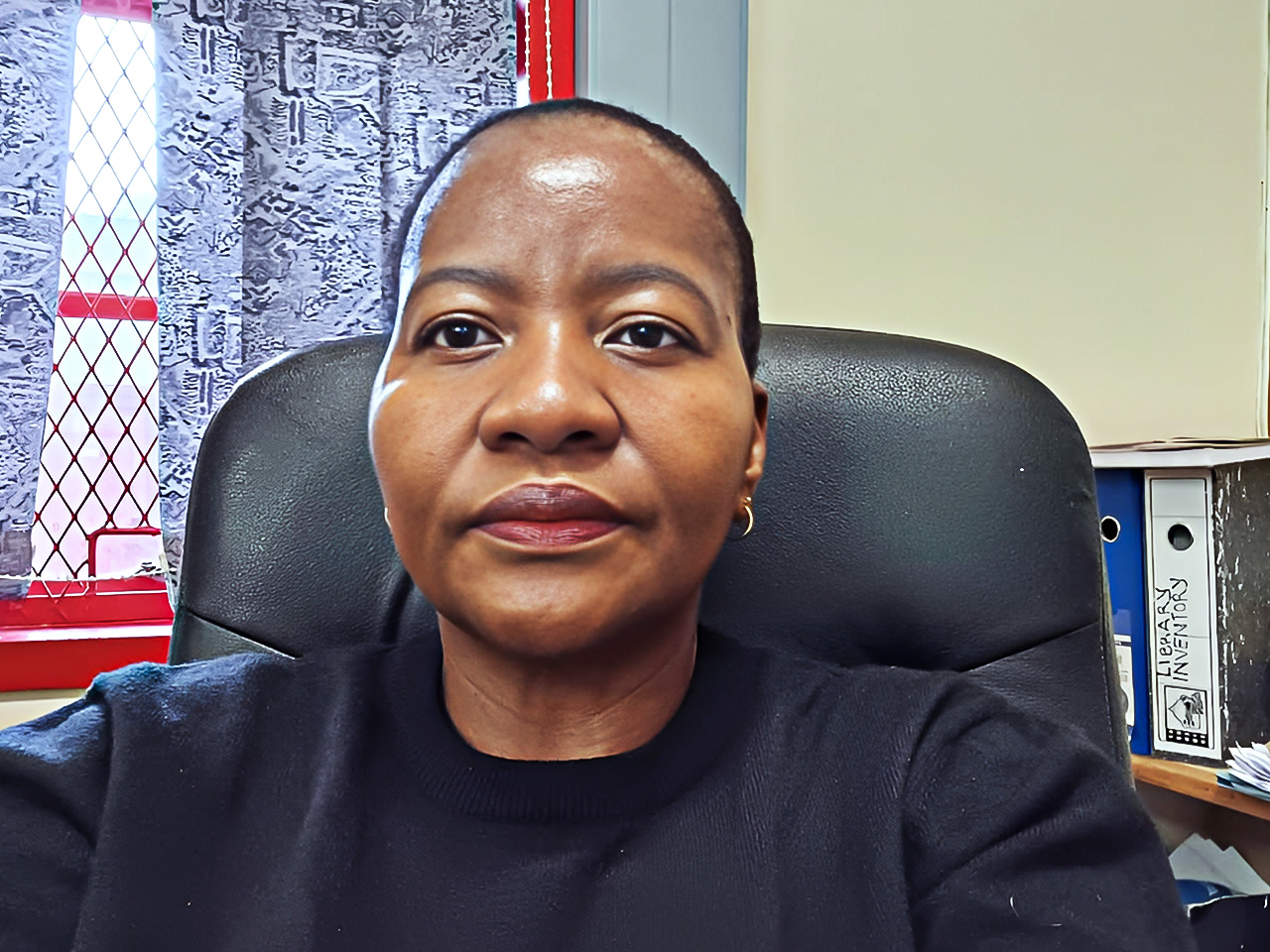
Botswana has tasted success on the international stage in boxing with titles and medals aplenty since the sport sprung in the 1960’s.
However, development in women’s boxing was largely ignored. Irene Ntelamo was pivotal in that change in attitude. She partnered with Healer Modiradilo, one of the nation’s athletes at the Atlanta 1996 Olympic Games, to form a boxing club and by 2007 was training to be a referee and judge. In 2010, Ntelamo was recognized for her work by being named the best referee in her country.
But it would just be the start for Ntelamo who would receive further recognition administratively. She served on the Botswana Boxing Association (BBA) Executive Committee as the Vice Secretary General at a time where she was the only female administrator from 2009. She then became Secretary General of the BBA until 2017.
That overlapped with her time as a member of the IBA Women’s Commission from 2014 to 2018 and later had a two-year stint on the IBA Women’s Committee. Currently, Ntelamo is a Director on the Board of the African Boxing Confederation (AFBC).
These equality positions were not just handed to the Motswana – she saw a large gap in development and played her part in improving this.
‘My journey into boxing began with a desire to break the gender barrier,’ said Ntelamo. ‘I wanted to engage in something unique that would match my character as well as prove that women are capable.At the time there were no female boxers, so I joined and did other duties like administration and preparation for tournaments. I saw boxing as a powerful tool for women’s empowerment and self-discipline, and I wanted to create opportunities for women to participate in the sport and achieve their full potential.’
She went on to say, ‘In Botswana, women faced unique challenges. Traditional gender roles often limit women’s participation in sports; a lack of access to quality equipment, training facilities, and financial support; concerns about safety and security, particularly in rural areas; and the stigma surrounding boxing as the sport is considered brutal.’
In response, she contributed to the establishment and launch of the Women Boxing in Botswana initiative in 2011, which saw a surge in female participation. Eventually, this would pay off with the 2019 African Games gold medal for Keamogetse Kenosi in the featherweight division. Four years later, she would add a bronze to her medal cabinet.
She established the Women Commission as part of the BBA structure in 2015 too, ushering in attitudes of tolerance and acceptance between men and women in the sport. This was partly achieved by better representation across the structures – with one of the key highlights seeing Pearl Morake appointed as the first female coach in the BBA.
Ntelamo’s work was applauded, and it led to greater opportunities on the continent and internationally. In Africa, she said the biggest issues facing women include limited access to resources and opportunities, women being underrepresented in leadership positions, and an underlying discriminatory attitude based on ‘social and cultural biases’ across nations.
‘While significant progress has been made, these challenges still persist to some extent,’ she said.‘However, there is a greater awareness and focus on addressing them now.’
But it goes beyond that – the lack of female coaches and officials is a pressing concern for her, as is the lack of media coverage and disparity in prize money and sponsorship opportunities. Other areas where improvements can be made include creating sustainable programs for women, strengthening grassroots initiatives to support talent identification, and improving mental health services.
While Ntelamo has a strong opinion regarding what can still be done, she is very encouraged by what has been done so far.
‘The AFBC and IBA have made significant strides in supporting women’s boxing including organizing women-only events, allocating more funding for programs, and promoting gender equality policies,’ she said. ‘The next steps include establishing mentorship programs between young boxers and experienced leaders; providing training programs for female coaches and officials; and further analyzing data on women’s participation in boxing.’
‘For me, boxing is a theory of life,’ Ntelamo went on. ‘You have opponents competing against you, supporters to cheer and motivate you to win and the stage to prove your worth.’
Time after time Ntelamo has proven her worth as a woman in boxing and has now cleared the path for others following her path.
_____________
Media contacts:
Elena Sobol, Head of Communications and PR, International Boxing Association: elena.sobol@iba.sport


